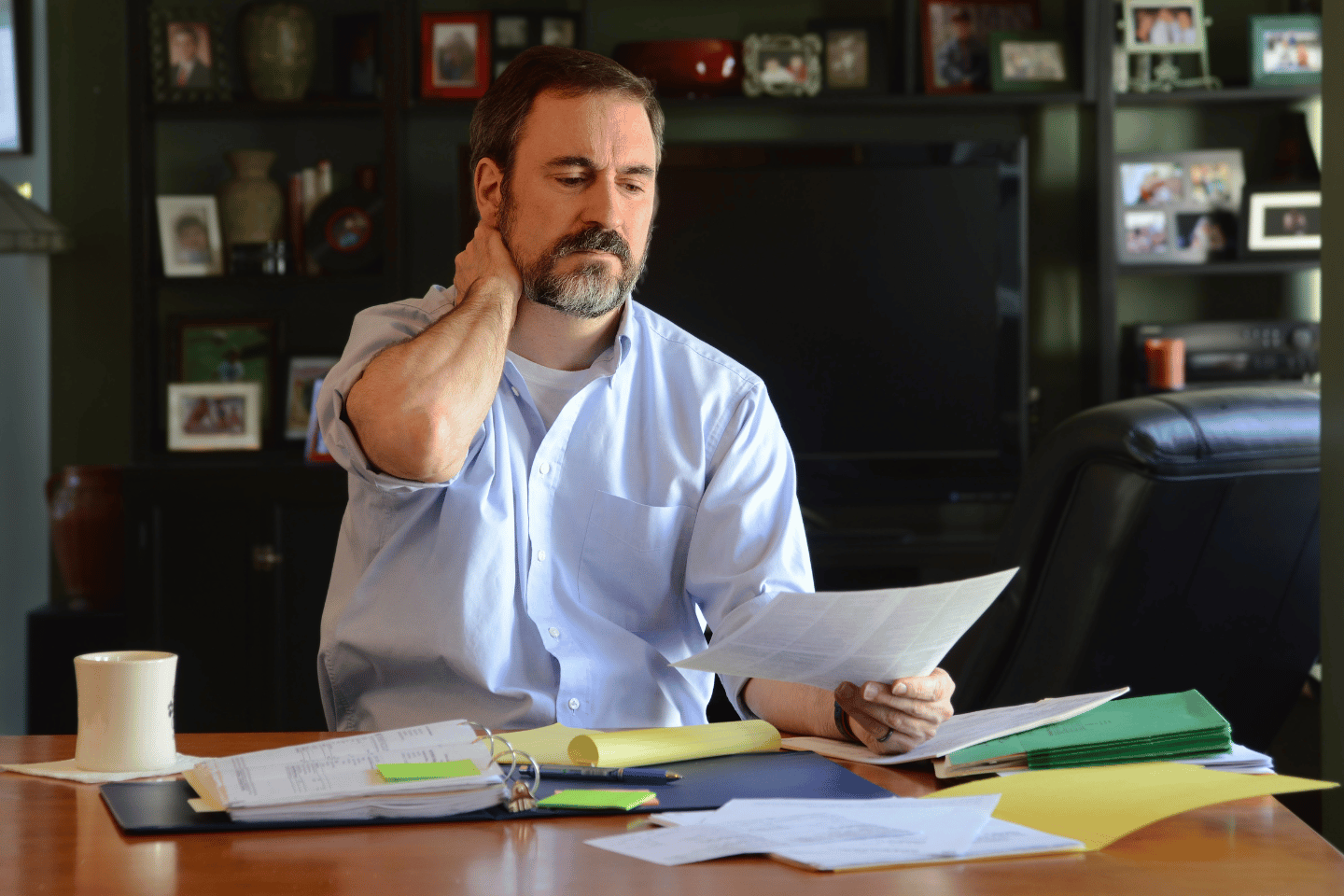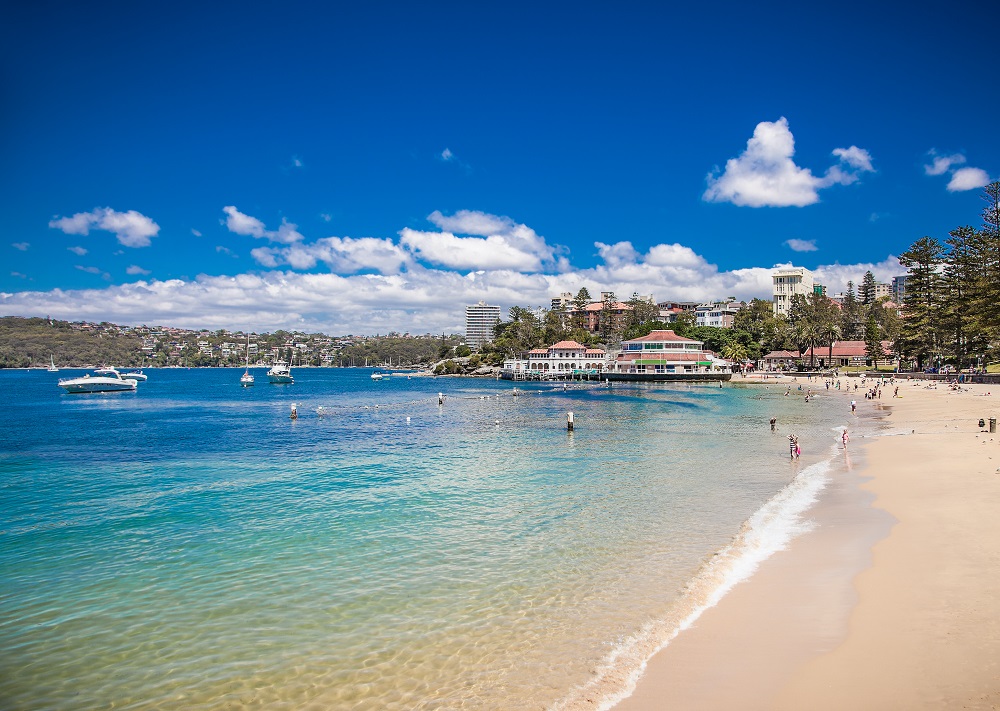Recession or Bounce Back – Cautious Optimism From The Reserve Bank
Posted on:
Raffi Pailagian
MBA, BSc, DipFP
Financial Planner / Managing Partner
Reserve Bank Update – The Uneven Recession We Had To Have
The Australian economy may seem precariously balanced. But if we look at the words of Philip Lowe, Governor of the Reserve Bank, perhaps things aren’t as bad as they may seem.
On Thursday Philip Lowe gave a speech at Citi’s 12th Annual Australia and New Zealand Investment Conference, in which he not only appeared cautiously optimistic, but signalled a change of focus for Reserve Bank Monetary Policy.
So let’s take a look at what monetary policy is, and how this change from the Reserve Bank might play out.
Monetary Policy Fiscal Policy and Deficits
Before we get too deep into what Philip Lowe had to say, it’s worth providing a couple of definitions.
Monetary Policy
The Reserve Bank sets monetary policy, which uses interest rates to manage the speed of the economy. The official interest rate, or ‘cash rate’, is set based on whether the economy needs to be slowed down or accelerated, the stability of the Australian Dollar, and levels of unemployment.
Fiscal Policy
Fiscal Policy is determined by the Government and is the collection and spending of Government revenue to influence the economy. In our current situation the key fiscal policy decisions have included JobKeeper ($30b) and JobSeeker (increased by $15b), along with a range of other initiatives implemented by the Government to support workers and businesses through the pandemic.
Deficit
The deficit is the difference between the income and expenditure of the government.
Where Are We Now
Lowe described the current recession as ‘uneven’, with the nature of the recovery still ‘highly uncertain’[i].
The fact is, the speed and success of economic recovery is still very much dependent upon the trajectory of the virus. Currently Australia is well placed, thanks in part to the quick action of our governments and to the willingness of the Australian public to co-operate. However, the magnitude of the second wave now sweeping Europe could be cause for concern.[ii]
This uncertainty will undoubtedly have an effect on the economy because both businesses and individuals are becoming more cautious and risk averse. According to Lowe there has been a big increase in household saving. This is likely due to a combination of the limited opportunity to spend during lockdowns, and the availability of government support programmes.
For the Australian economy to begin working its way out of recession we need to increase spending and investing. The question is, how do we achieve this in the understandably cautious health and financial environment?
Winners & Losers
There have certainly been winners and losers in the economic effects of the pandemic.
Certain business sectors, like hospitality, have been hit hard, while others, including mining and the public sector have fared much better.
Younger workers have been disproportionately disadvantaged, as have certain states.
Small businesses have been harder hit than larger ones and Lowe expects to see an increase in the number of business failures and households under financial stress.
What Is Changing?
In an earlier article How Experts Read an Economy we talked about three of the key factors affected by Monetary Policy – interest rates, inflation and the labour market
In the recent past the Reserve Bank has generally focussed on the setting of the official interest rate based on managing inflation, aiming to keep it within the range of 2-3%. In his speech on Thursday Philip Lowe signalled a change in focus:
“The Board views addressing the high rate of unemployment as an important national priority.”
While the inflation and the job market are inextricably linked, this slight shift in focus does highlight the position of the Board that inflation is unlikely to fall into the target range without a return to a tighter labour market.
A Word About The Deficit
Historically, Australia as a nation likes to operate with a low deficit. When the deficit increases the media tend to go into a feeding frenzy. Following the budget last week there was a great deal of talk in the media about the size of the current and projected future deficit. The numbers are pretty eye watering.
What we need to consider is how and why this deficit has come about. Without the fiscal policy put in place by the government, protecting jobs, businesses and those left unemployed, the Australian economy would most certainly be in a perilous position.
What hasn’t been as widely reported is the fact that, compared to many other countries, Australia still has a relatively low deficit. Countries like the UK, USA, France and Germany all have much higher government debt than Australia[i]. Yes, two wrongs don’t make a right. But if there was ever a time when a deficit was excusable, it is certainly now.
Indeed, Lowe seems to think there is little cause for concern:
“For a country that became used to low budget deficits and low levels of public debt, this is quite a change. But it is a change that is entirely manageable, affordable and it is the right thing to do in the national interest.”
Good News Or Bad News
Uncertainty around the progress of the virus is inevitable. However, Lowe has attempted to put some certainty into monetary policy by stating clearly that the Board does “…not expect to be increasing the cash rate for at least three years.”
This is great news for mortgage holders and those wishing to invest in their business. If your job or business is relatively secure, now could be a good time to consider expansion with borrowing so affordable.
However, it’s not such great news for self-funded retirees and those planning to retire in the short term. So, it is more important than ever to have a well designed financial plan.
Whatever your position, expert advice on your own particular circumstances is a must in these volatile times.
One Last Word…
How all this eventually plays out is, to a great extent, dependent upon the progress of the virus. Should we find ourselves with a ‘second wave’ comparable to the second wave in Europe, or a vaccine not be developed in the short term, the current unevenness will likely continue. The good news is, we are in steady hands and Australia is well placed, both physically and economically, to survive the current recession.
If you would like to read the entire speech, click on this link.
Interested in finding out how the current economic environment might impact you and your financial plans? Give us a call on 02 9976 3388 or click below and we’ll be in touch:
Related
Related Posts

Investing In A Low Interest Rate Environment
Almost unbelievably, the last time there was a rate rise in Australia was November 2010, when the rate went from 4.5% to 4.75%. It’s been…
Read More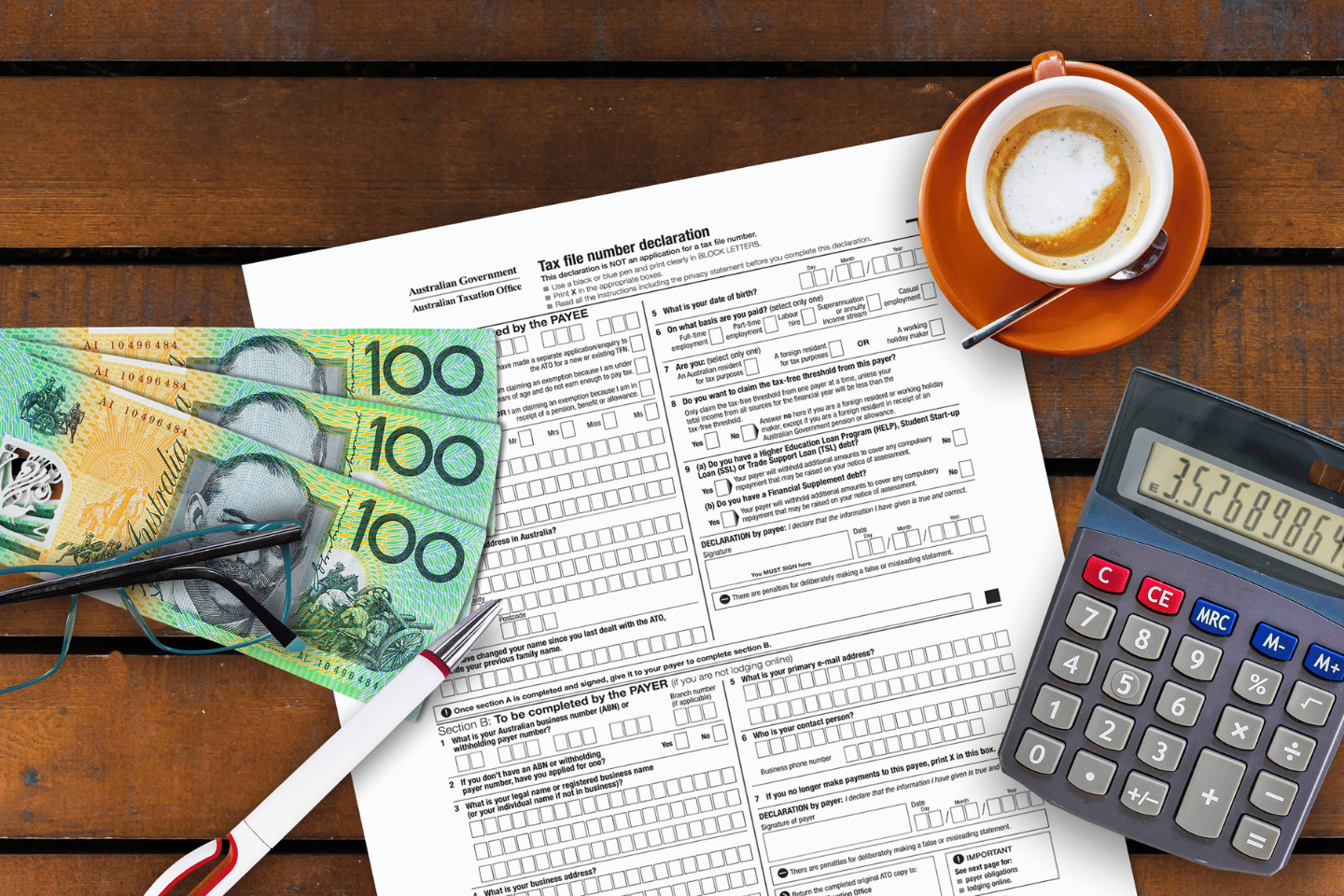
Australian Inheritance Tax
Many Australians are still confused about Inheritance Tax & whether Australian Inheritance Tax EVEN EXISTS. So does it?
Read More
Maximising Superannuation Contributions Before EOFY
Maximising Superannuation Contributions before EOFY, can significantly enhance retirement outcomes, but would it for you?
Read More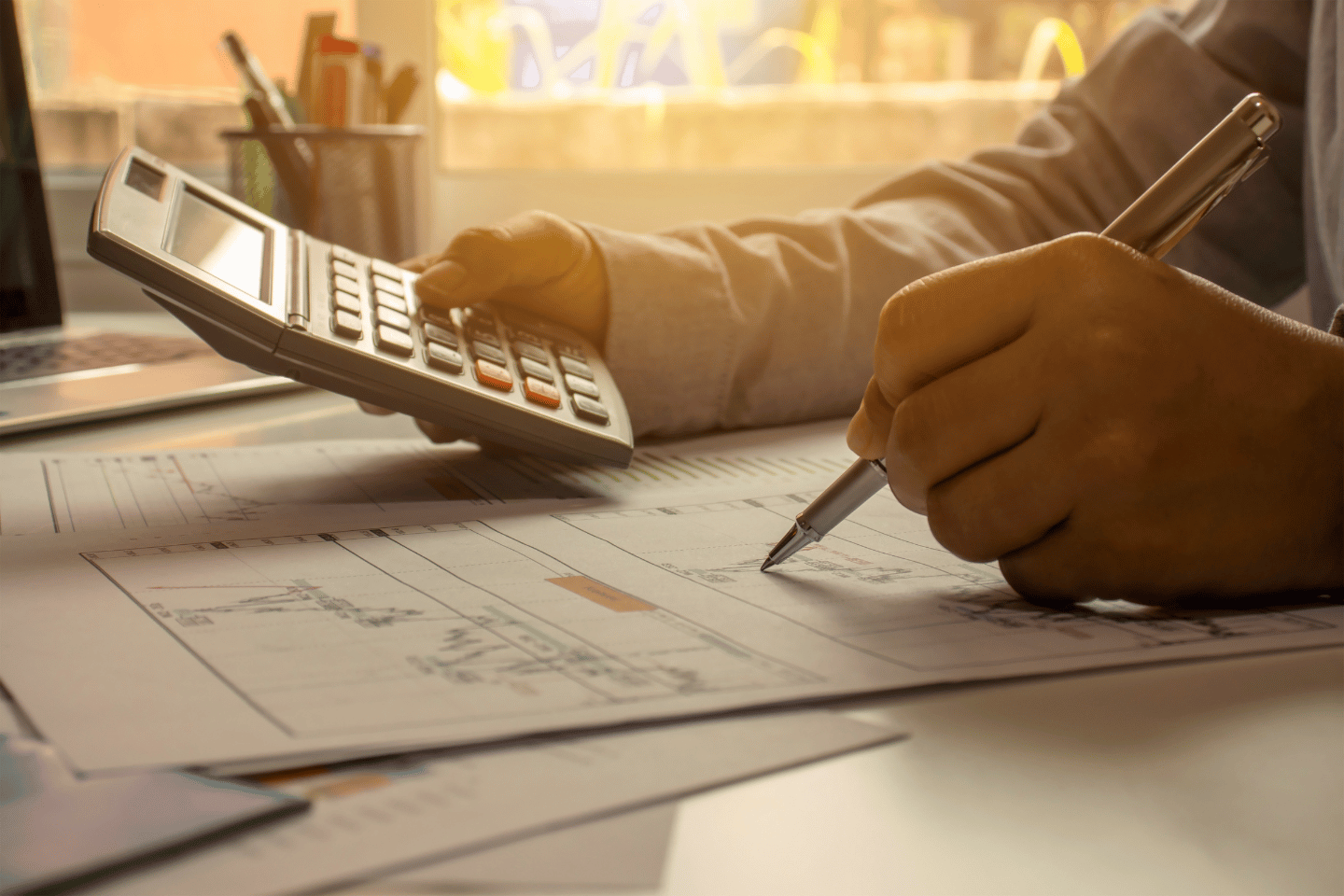
Why Financial Literacy Matters
Financial literacy is more than a precaution, it’s a strategy that empowers you to make sound, informed decisions regardless of market fluctuations
Read More
Retirement Planning Strategies For Australians
Retirement Planning is one of the most important financial decisions you need to make & these key strategies will help you build a solid foundation for your golden years
Read More
How To Build Wealth
10 actionable strategies to help you build wealth and secure your financial future, in an easy to digest summary format
Read More
How to Fix Your Cash Flow
Wondering how to fix your cash flow? If yes this short video and article, which outlines some simple, easily implemented steps will be worth 4min’s of your time.
Read More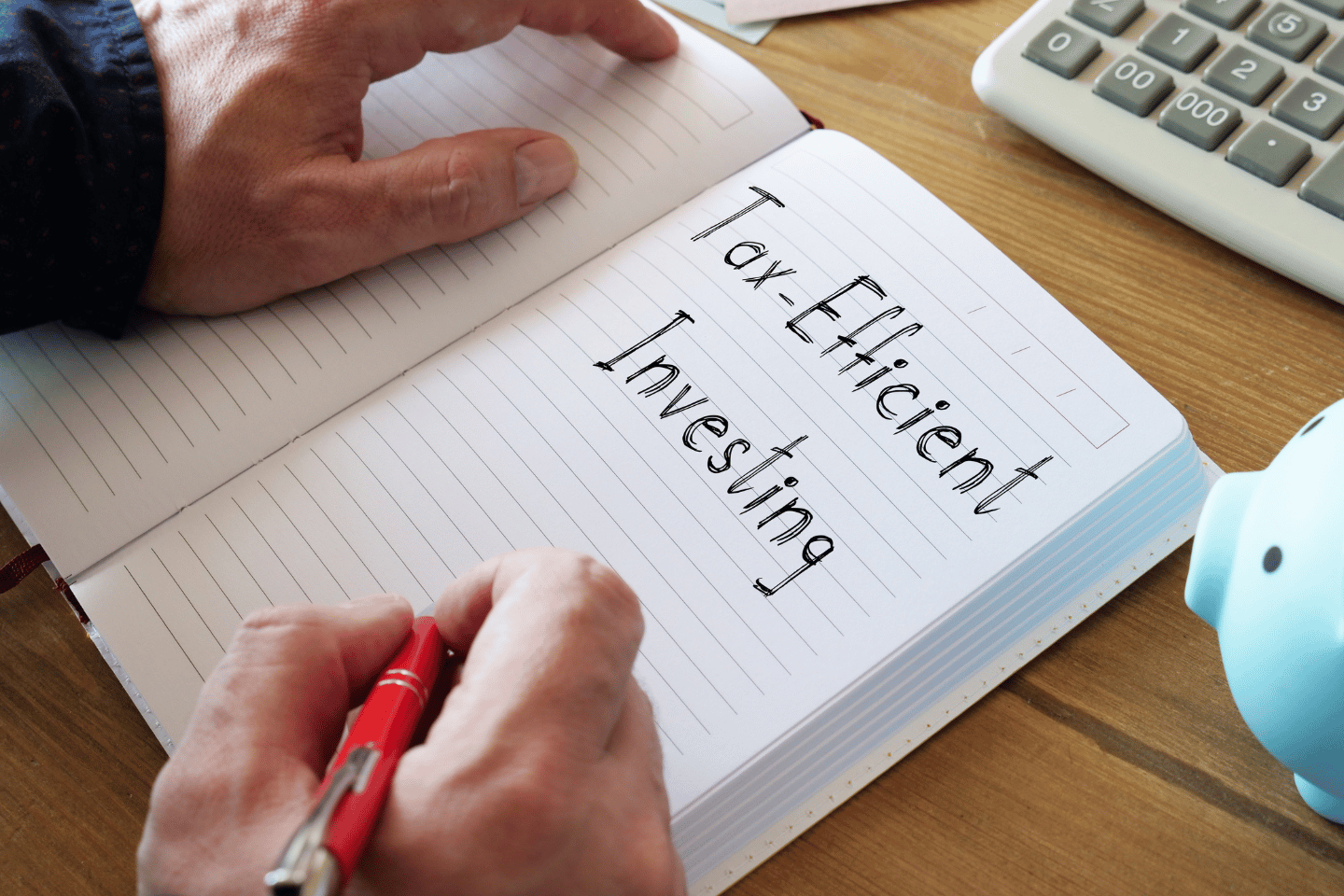
Negative Gearing – Is It A Good Strategy?
Whether it’s property or shares, negative gearing has sparked debates for decades, praised for its tax benefits but is it a good strategy?
Read More
Australian Gift Tax
Gifting can be a powerful way to share your wealth, but it’s essential to understand the tax implications
Read More
Is Your Retirement Plan on Track?
Retirement is a significant milestone in life, so how do you ensure your retirement plan is on track to provide the lifestyle you desire?
Read More
How To Create Generational Wealth
If you’re interested in understanding effective strategies to create generational wealth with property, then this article is for you!
Read More
Downsizing
Downsizing is a significant life decision that can have far-reaching impacts on both your financial health and overall well-being
Read More
Intergenerational Wealth Transfer
In this episode we discuss intergenerational wealth transfer & optimal strategies you may want to consider
Read More
Tax Effective Investing In Australia
Is your investment strategy optimised for tax efficiency & what should tax effective investing in Australia ideally include?
Read More
Investment Opportunities
With so many investment opportunities being created by the current global market environment, where should you focus?
Read More
Building Generational Wealth
Understanding the principles behind building generational wealth is becoming of increasing interest, driven by amongst other things the current cost of living increases
Read More
Mortgage Rate Update
We are celebrating our 11th Year Helping clients reduce their interest rates and realise their dream of buying a home or investment property
Read More
De-Risking Business Growth
Although de-risking business growth stands as a fundamental goal for every ambitious venture, these 6 strategies are often overlooked
Read More
Super Death Benefit Tax
In Australia, superannuation is a nest egg many rely on for a comfortable retirement, but what happens to your super savings if you pass away?
Read More
The Concessional Contributions Cap
Understanding the concessional contributions cap can be a powerful tool for building retirement savings & maximising your super
Read More
Downsizer Contributions
What Is the downsizer contribution concession and why could this be relevant to you if you’re nearing retirement?
Read More
Risk Profiling
Risk Profiling is possibly the most important but often the most misunderstood and overlooked element when investing
Read More
How To Use Debt To Create Wealth
Not all debt is created equal. In fact, if you’re careful and think about it strategically, you can actually use debt to create wealth
Read More
Looking for a Home Mortgage?
Developing a good understanding of the key concepts, before looking at specific mortgage products, can help with fast tracking the selection process.
Read More
What Is Refinancing?
What is refinancing, when should you do it, does refinancing impact your credit rating, & is there anything else you need to know?
Read More
Financial Wellbeing
It’s easy to assume higher income means more financial wellbeing, and there is a strong correlation, but it is not the only factor at play.
Read More
Why Use A Mortgage Broker
With a wealth of information at all our fingertips thanks to the internet, you might wonder why use a mortgage broker?
Read More
Reasons To Refinance
With interest rates rising, it’s worth understanding how you can benefit by going to the trouble of refinancing.
Read More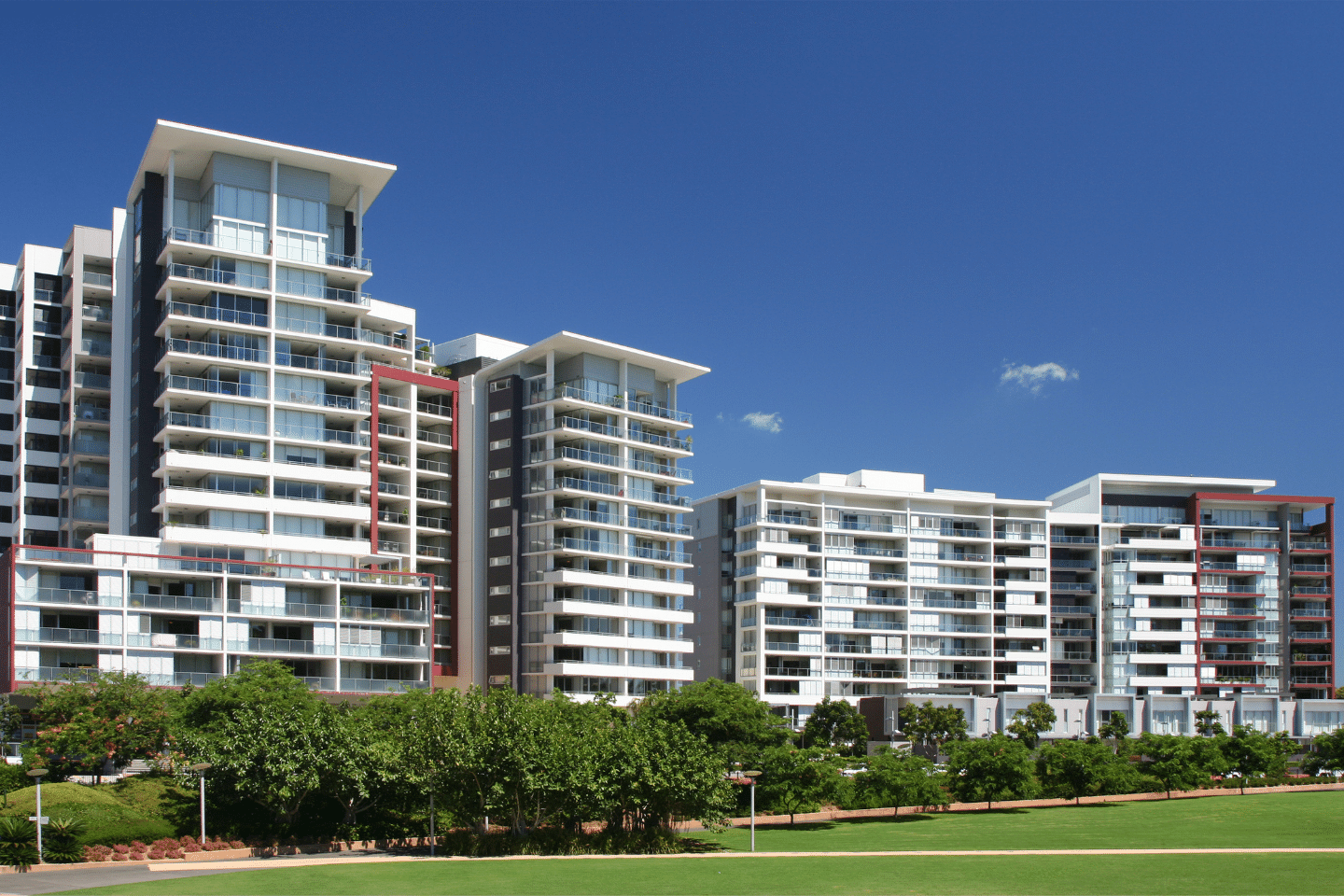
Tax Deductions On Investment Property
Property is a popular investment asset, particularly in Australia, due to whole host of attractive benefits which include the allowable tax deductions on investment property
Read More
Tax Bracket Creep
We thought this might be a good time to take a look at the current income tax system and how you might be able to mitigate its effect on your take home income.
Read More
Home Mortgage Rates
With the significant increase in Home Mortgage Rates over the last 10 months, what options are there to minimise their impact?
Read More
How Much Do You Need to Retire?
If you feel like the answer to this question is a constantly moving target, you’re right. Working out how much you need to retire can be a complicated task.
Read More
Sustainable Investing
So what is sustainable investing, how can it help your bottom line & does it makes sense for more people to be considering?
Read More
Estate Planning
You probably have at least a vague idea about how you would like your assets, or your ‘estate’, to be divided amongst your family, loved ones and other potential beneficiaries, but you won’t be there to oversee what happens.
Read More
5 Small Business Strategies
There is a temptation in business to review small business strategies at the beginning of the new financial year, but sometimes a better choice can be the new calendar year.
Read More
Financial Planning For A Great Year
With the current high inflation, high interest rate environment, it has never been more important to take a serious look at your financial position
Read More
Retirement Planning For Small Business Owners
Retirement planning for small business owners can be much more complex than for employed people, due to a selection of factors.
Read More
Applying for a Mortgage
Applying for a mortgage is both exciting and scary, but there are a few things you should know, that can move the needle away from scary, towards exciting
Read More
Downsizing Before Retirement
This is a tricky question to answer because it impacts your lifestyle and your family as well as your finances. So there are a number of things to consider when weighing this decision.
Read More
Home Loan Mortgage Rates
Buying a home is usually the single most significant financial decision a person makes. With no end in sight for the predicted home loan mortgage rates rises, reviewing your home loan strategy makes a great deal of sense.
Read More
Small Business Insurance
There’s no doubt about it, running a small business is tough. Not only do you need to manage the business, but you need to think about the inherent risks and how you might manage those should the worst happen.
Read More
Estate Planning For Business Owners
Whether it is a family run business, partnership, or a company structure, you need to determine how ownership and running of the business will work should you not be available.
Read More
Why Start A Business?
One of the key things to remember when you delve into the waters of setting up your own business, is that you are working towards future goals.
Read More
Cashflow Tips
So what can we do to manage our finances as effectively as possible in this current environment?
Read More
Family Business Succession Planning
One of the most important things you can do as a family business owner is succession planning. You haven’t spent years of your life building a successful business only to have it fall over when you want to retire, or are no longer able to run it.
Read More
Investing in Property
Owning your own home has long been known as the Great Australian Dream, but these days, investing in property seems to come a pretty close second.
Read More
Keeping Up With The Joneses
The Keeping Up With The Joneses Mindset Can Have A Devastating Effect On Your Finances & Result In Insufficient Funds To Support You In Retirement
Read More
Get Rich Quick Schemes
High returns usually come with high risk, so when a scheme sounds too good to be true, it probably is!
Read More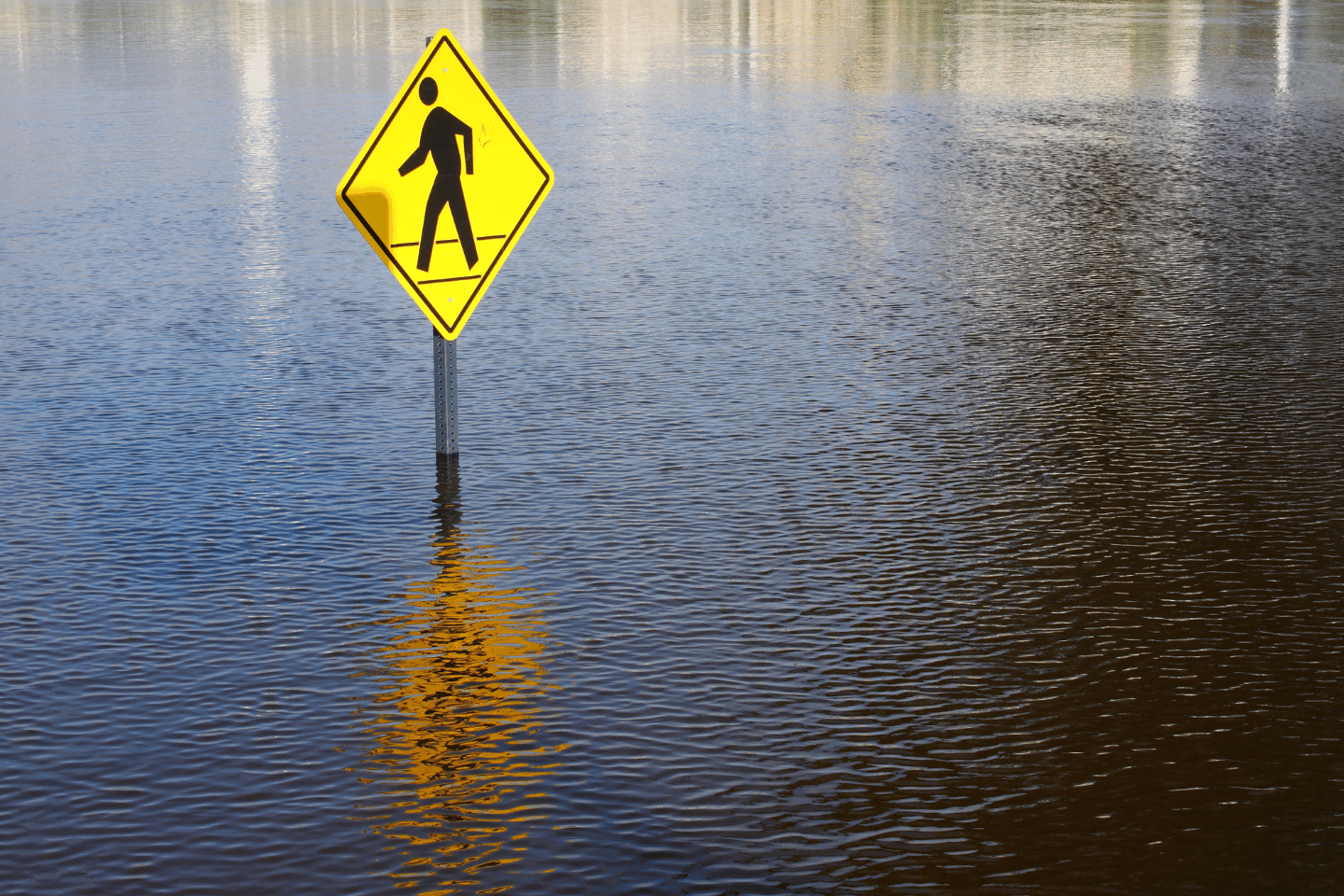
Insurance Cover
Australia has certainly been through the wringer over the past three years. As confronting as it may be, it is essential to be prepared for the unexpected & understanding what insurance cover you need is a good start point
Read More
Quarterly Economic Update
As bad as this might seem, Australia still has one of the lowest inflation rates among OECD nations, beaten only by Japan and Switzerland, at the bottom of the inflation table
Read More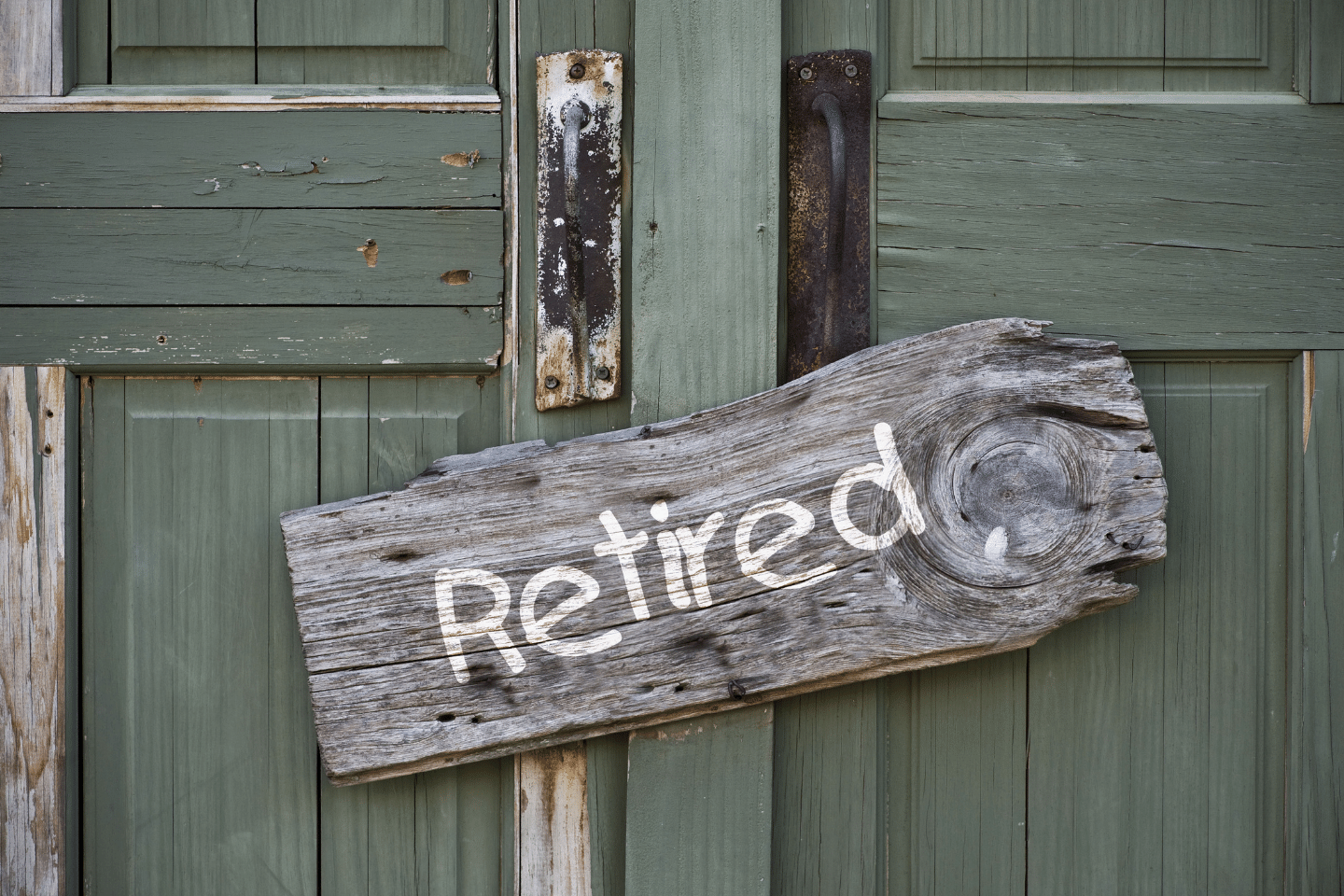
Saving for Retirement?
Saving for Retirement or Supporting Your Children? There are ways to do both & still ensure you have enough to retire comfortably, but it requires a little bit of planning
Read More
What is Inflation?
So what is inflation? It’s a complex beast & understanding the impact it can have will help you make wiser financial decisions.
Read More
Financial Fraud
Personal and financial fraud is on the rise. 11% of Australians experienced some form of fraud in 2021 & losses due to investment fraud were up 119.6% compared to the same period in 2020.
Read More
Saving For A House Deposit?
Should you invest your house deposit savings? This article investigates the pros & cons through a mini case study.
Read More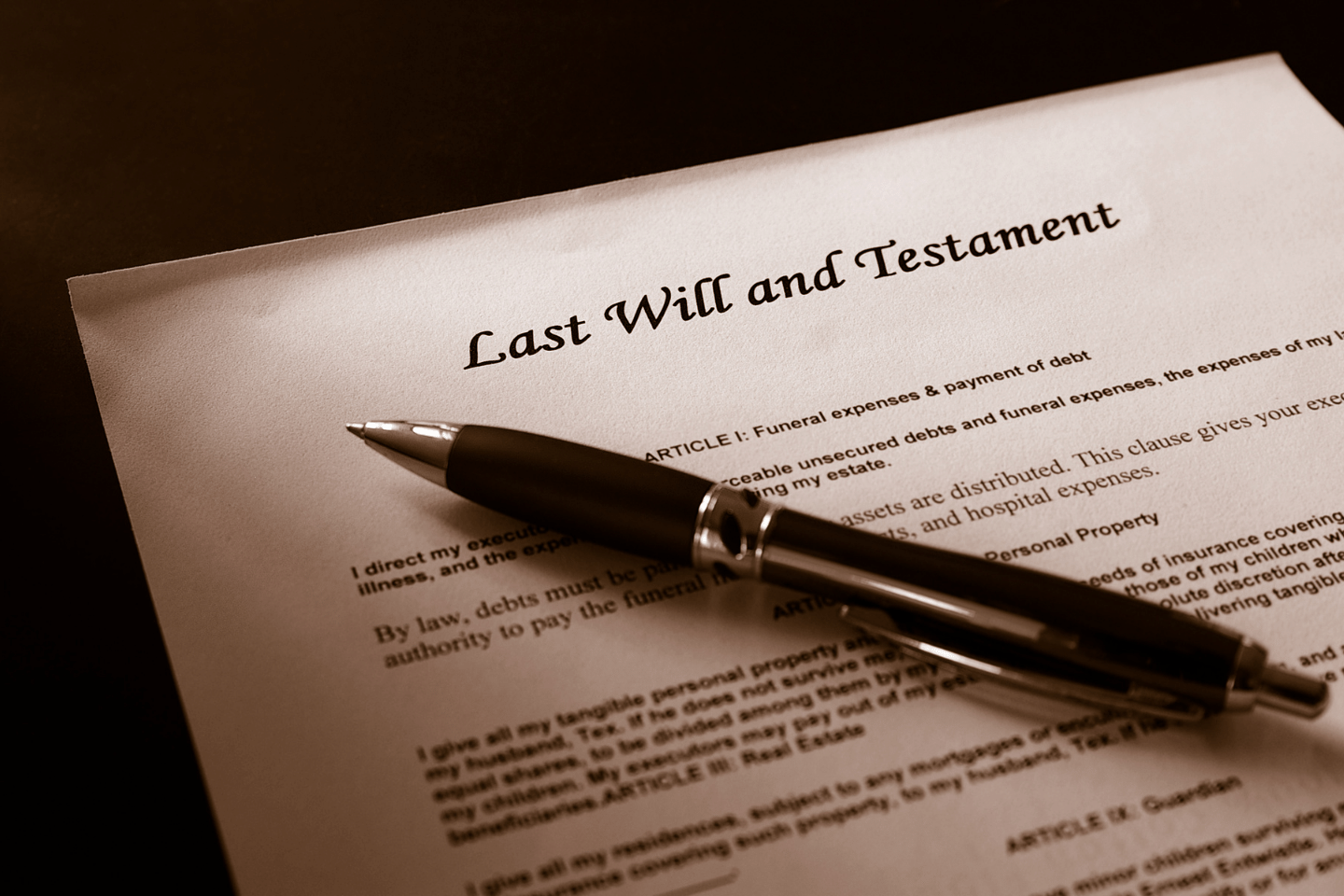
Inheritance & Movement Of Wealth
Australians pass on average $561,000 to their heirs, almost four times the global average of $148,000, with two in every three Australians planning to leave an inheritance.
Read More
Inflation & The Cash Rate
What is the Cash Rate & how will the changes applied today impact inflation and your financial situation?
Read More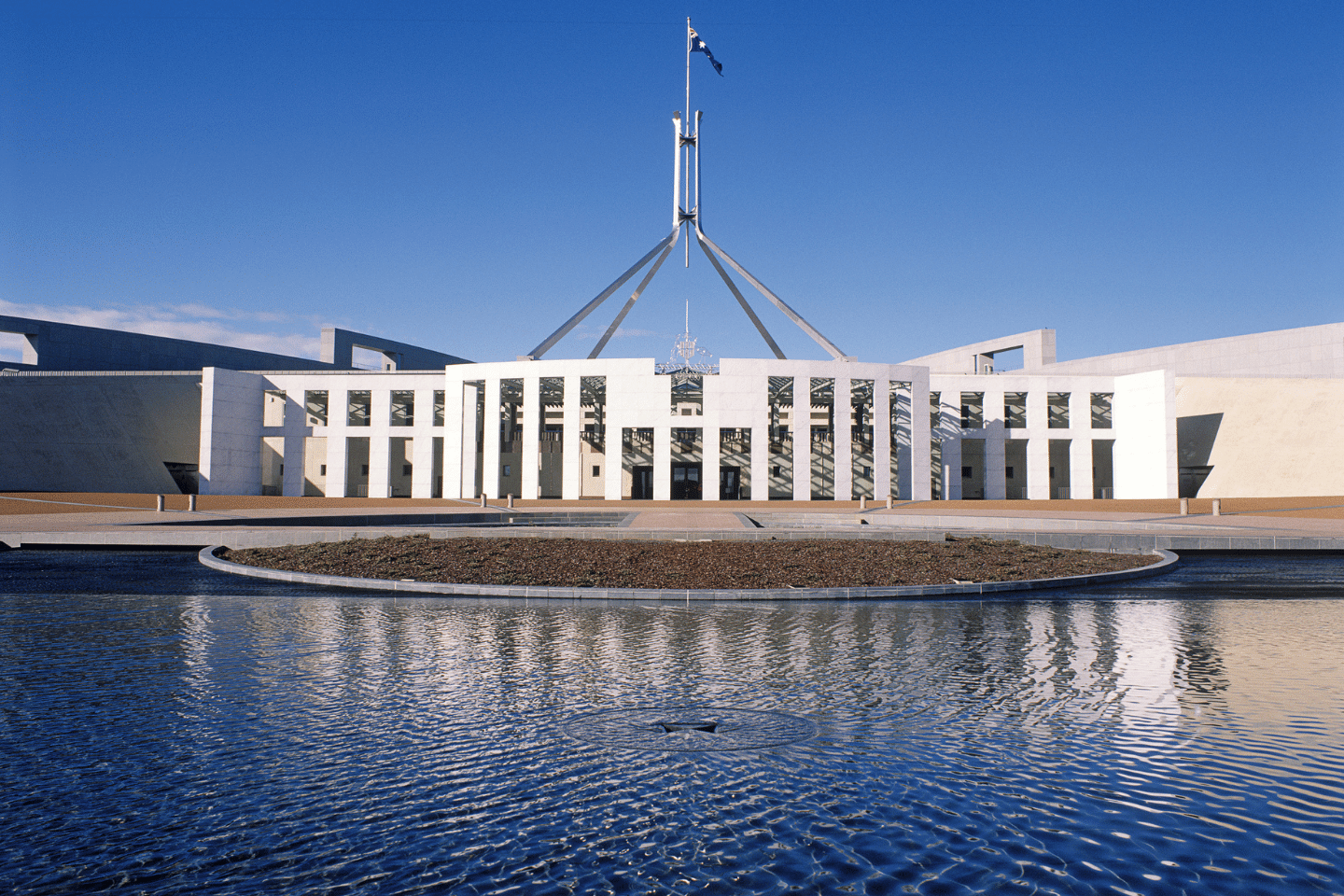
2022-23 Federal Budget Highlights
The Federal Government has delivered a big-spending 2022 budget, taking immediate steps to reduce cost of living pressures for working Australians while implementing a range of massive infrastructure and defense spending measures.
Read More
Working from Home – Tax Optimisation Opportunities
Working from home and not sure what tax optomisation opportunities may be available to you, well this short article would be worth reading
Read More
Digital Assets – Pros & Cons For Investors
What are the advantages & disadvantages of digital assets compared with physical assets from an investors point of view?
Read More
BNPL vs Credit Cards – Which is Best?
BNPL (Buy Now Pay Later) or Credit Cards, what do they have to offer and which is the most financially efficient approach for consumers?
Read More
Portfolio Management During Turbulent Times
There’s no doubt we continue to live in turbulent times. Between the challenges and uncertainty of the pandemic, the instability in eastern Europe & ongoing supply chain issues, effective portfolio management is a prominent topic amongst investors.
Read More
Super Success For Women
While women earn less and spend less time in the workforce than men, sharply eroding their super contributions throughout their working lives, there are some simple steps women can take to boost their retirement savings.
Read More
Retirement Cashflow
Low-interest environments are great for borrowers but can be a disaster for retirees reliant on interest to provide retirement cashflow.
Read More
Stock Market Corrections
Stock Market Corrections can be an opportunity or a curse, depending on how you have set up your investments, are you taking full advantage of the opportunities?
Read More
Ethical Investing
Ethical Investing – what does this mean for you as an individual investor, what should you look for & why does it even matter?
Read More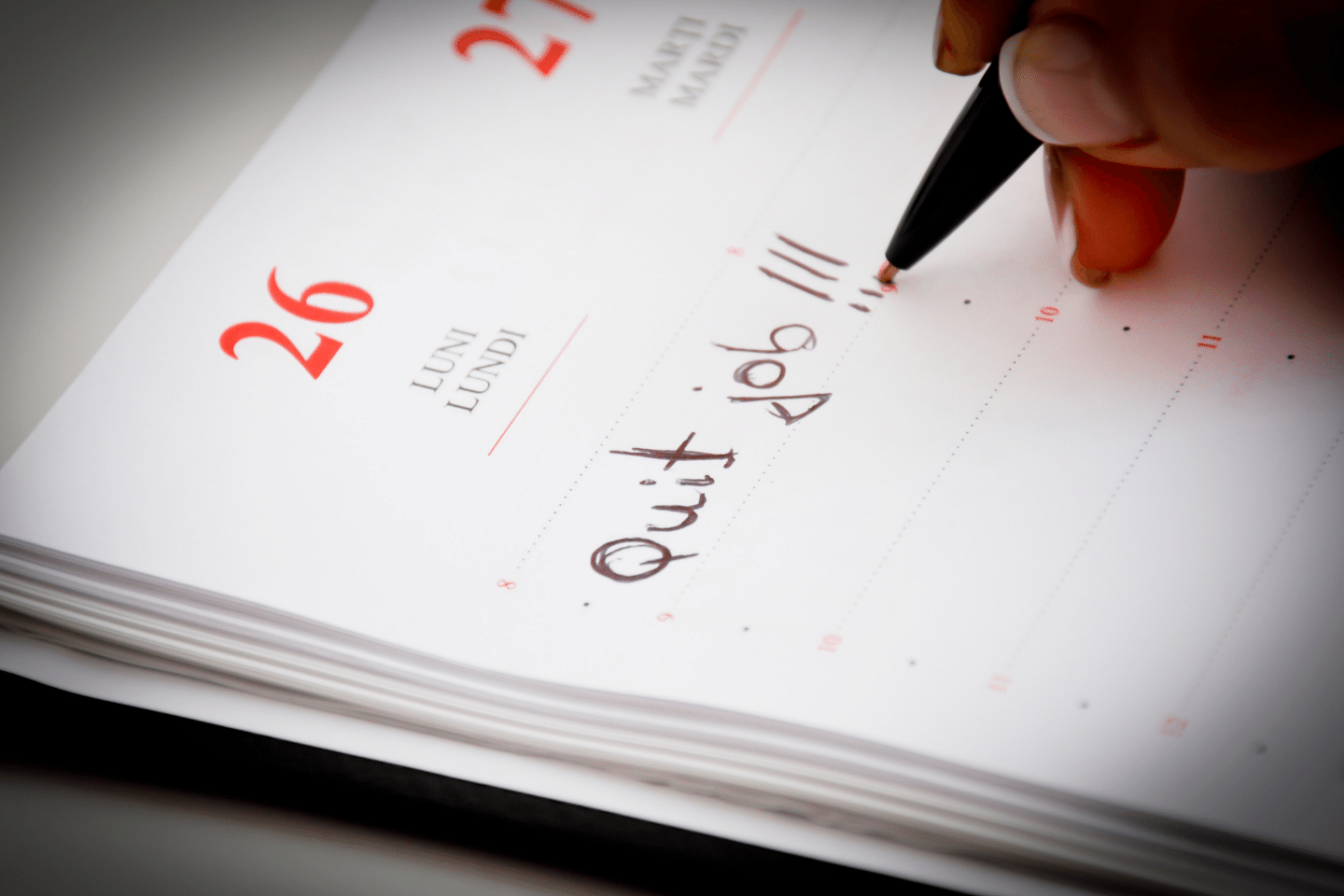
The Great Resignation
What is the Great Resignation, is this a trend you should be part of & how is it impacting business owners as well as investors?
Read More
Transitioning To Retirement?
Transitioning to retirement & not sure of the most tax-efficient method or whether a TRIS is needed?
Read More
Investing In Real Estate
If you are going to or are investing in Real Estate, there are a few key things to consider…
Read More
Financial Freedom
What is Financial Freedom, how is it different from Financial Independence and how do you achieve it?
Read More
Financial Literacy
One thing it’s important to understand, is being highly educated does not necessarily mean you have good financial literacy. The two do not always go hand in hand
Read More
Bull vs Bear Market
Understanding the difference between a Bull & Bear Market, combined with the opportunities they present, can help greatly when formulating an investment strategy.
Read More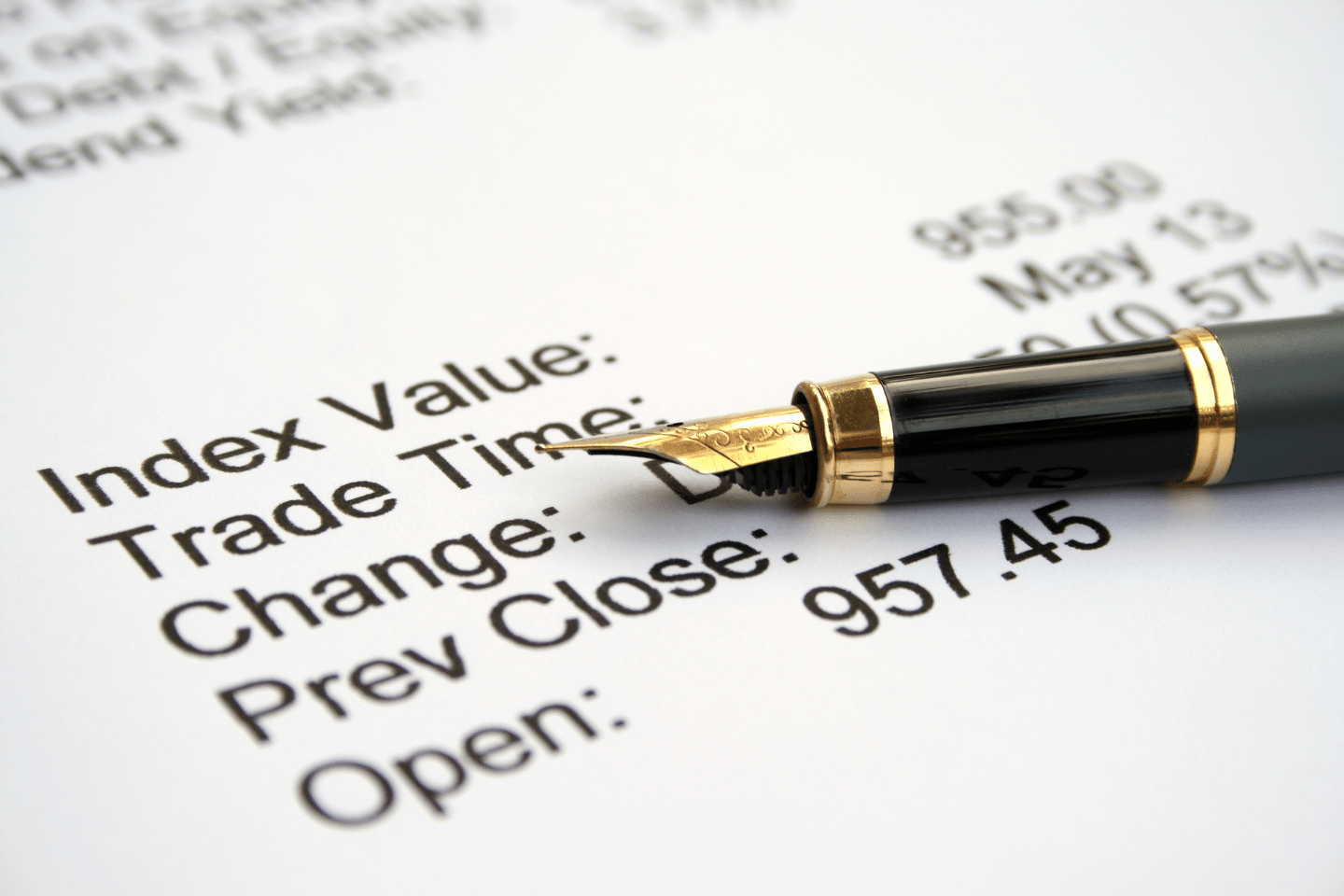
Stocks And Shares – What You Need To Know
So, when it comes to stocks and shares, what do you need to know before investing? Understanding the language can be a great first step.
Read More
What To Do With An Inheritance
Sometimes in life a small or not so small windfall comes our way. It can be tempting to rush out and spend it, but it is worthwhile taking the time to think about how best you can make this money work for you.
Read More
Financial Planning For Women
While preparing a financial plan is much the same for men and women, there are a few key things we need to factor in when developing financial plans for women.
Read More
Retirement Planning Strategies
It may seem obvious, but lack of planning is what can lead to disappointment come your retirement party.
Read More
Independent Financial Advice
How do you make sure the advice you are getting is independent and perhaps more importantly transparent?
Read More
Are Gifts Tax Deductible?
According to the Tax Office, not all gifts are created equal. Depending on the type of gift, and more specifically, to whom the gift is made, the tax implications of gift giving differ.
Read More
What Are Family Trusts?
These days setting up a Family Trust Fund is not just for the wealthy. Many small business owners are using the vehicle of a Family or Discretionary Trust to protect their family from potential loss, whilst at the same time taking advantage of tax benefits.
Read More
Portfolio Reviews & Effective Approaches
So, you have a financial plan in place. You’re set. Right? Well, for a while at least. While financial experts sometimes disagree on methods or theories, there is one thing they all agree on, this is not a set-and-forget activity.
Read More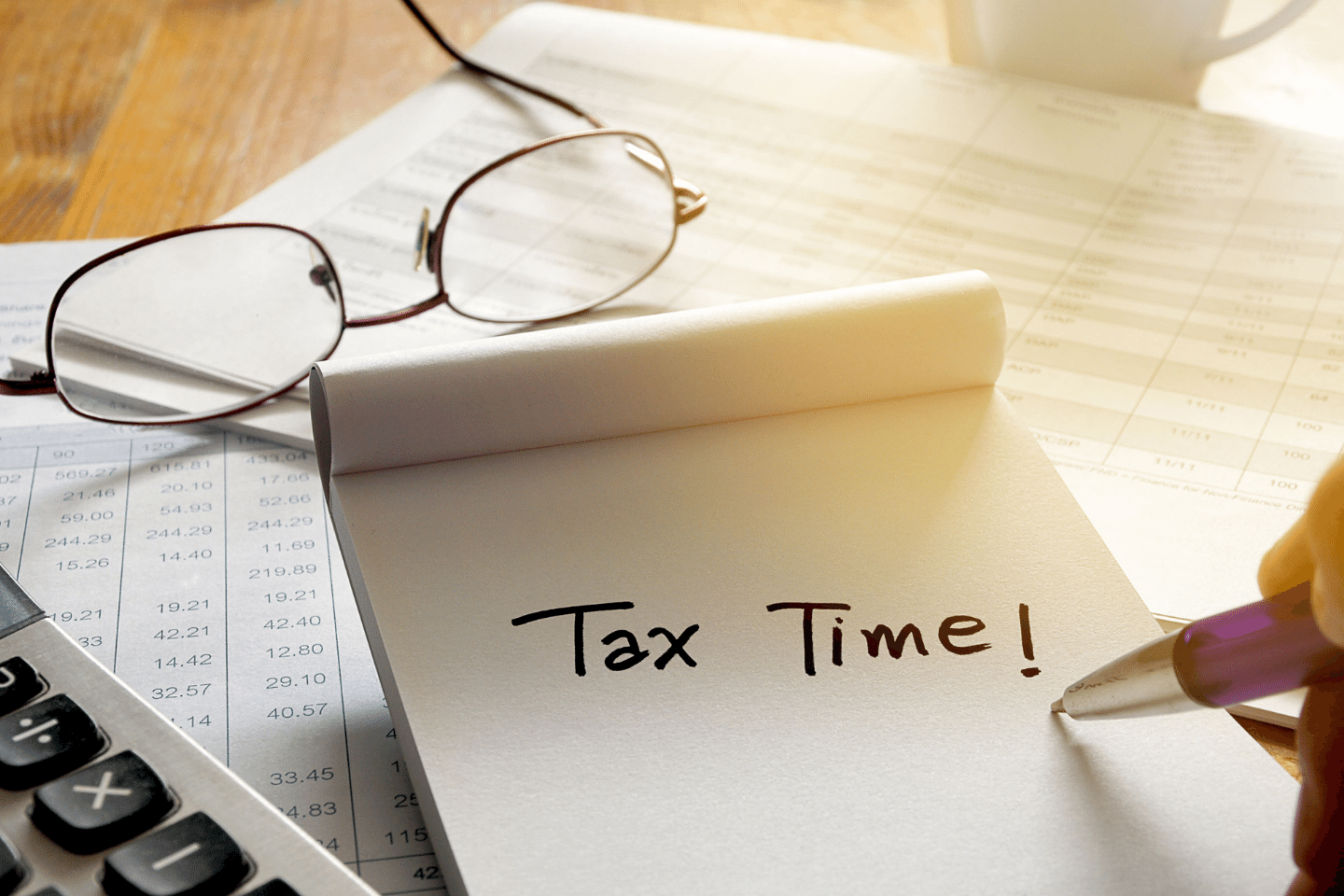
June Tax Preparation Tips
Tax time is one of those chores of life that nobody enjoys. It can be a real pain. Not only do you have to scramble to find all the receipts and statements you have misplaced over the course of the year, but there is often a fear that you will end up with a great big, unexpected tax bill. Or even worse – get an audit notice.
Read More
Best Way To Begin Investing
Not sure what the best way to begin investing? For many people, the prospect of starting the investment journey is daunting. How much do I need? What should I invest in? How can I make sure I make the right decisions?
Read More
How To Build Your Investment Portfolio
How To Build Your Investment Portfolio – Assets, Risk & Return
Read More
The Compound Interest Formula
It’s likely you have likely heard this term the compound interest formula, bandied around a lot in financial circles.
Read More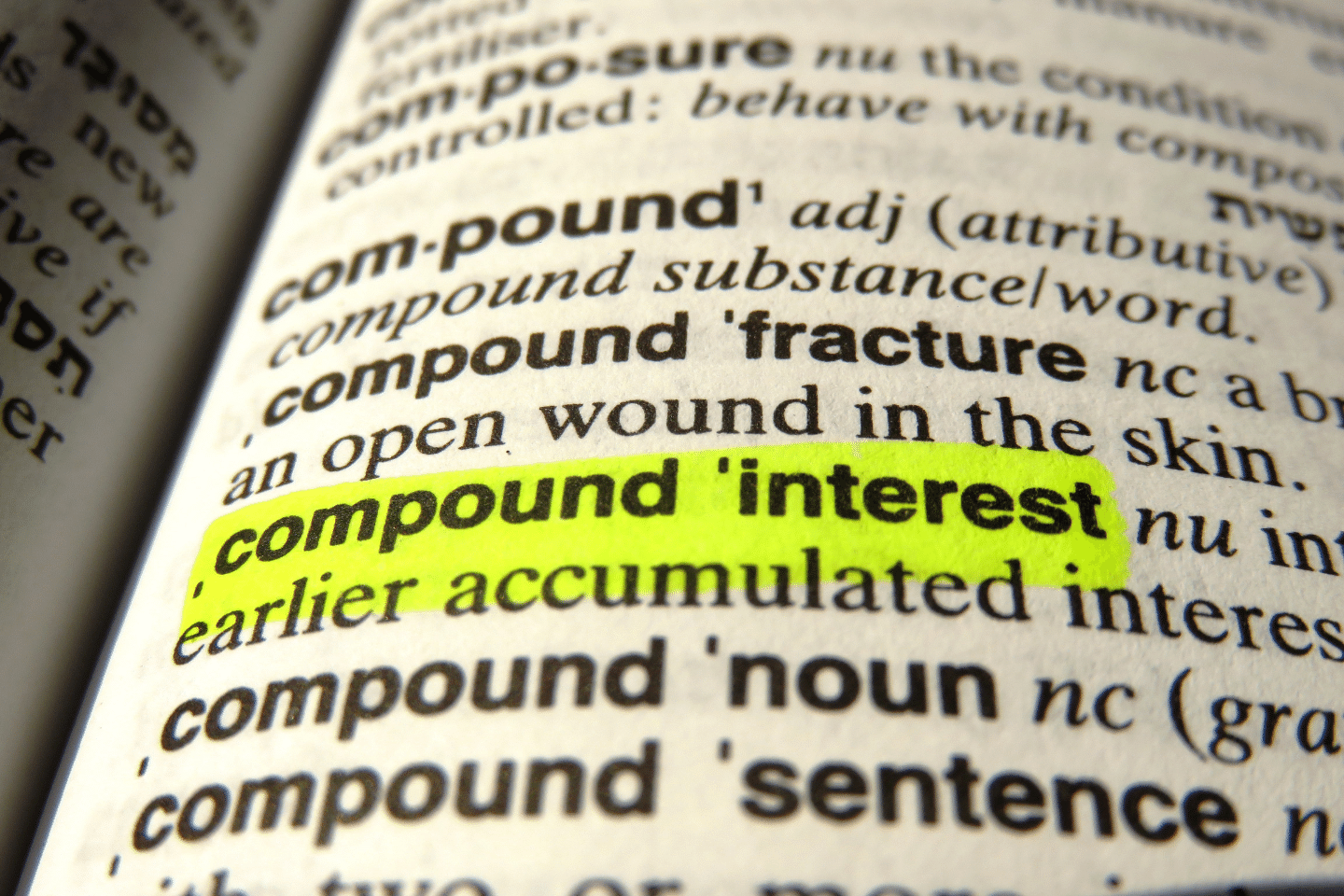
The Impact Of Compound Interest
Almost unbelievably, the last time there was a rate rise in Australia was November 2010, when the rate went from 4.5% to 4.75%. It’s been…
Read More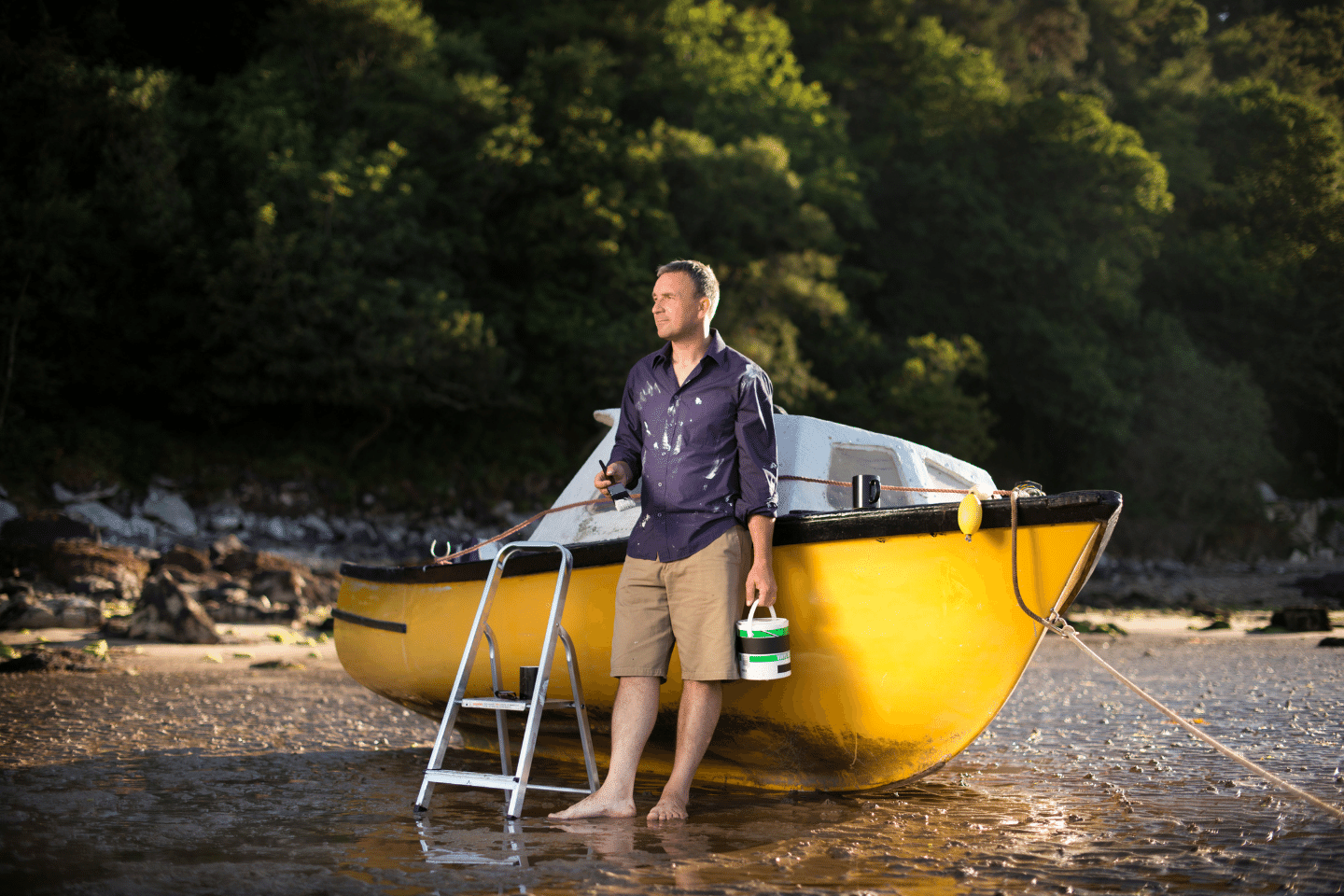
How to be Financially Independent
We all strive for financial independence in retirement. But what if you could achieve…
Read More
How To Build Wealth In Your 50s
In your 50s, many people start to worry, even panic, that they have left it too late to start building the wealth they will need for their…
Read More
How To Start Investing – The Wealth Tank Concept
Almost unbelievably, the last time there was a rate rise in Australia was November 2010, when the rate went from 4.5% to 4.75%. It’s been…
Read More
